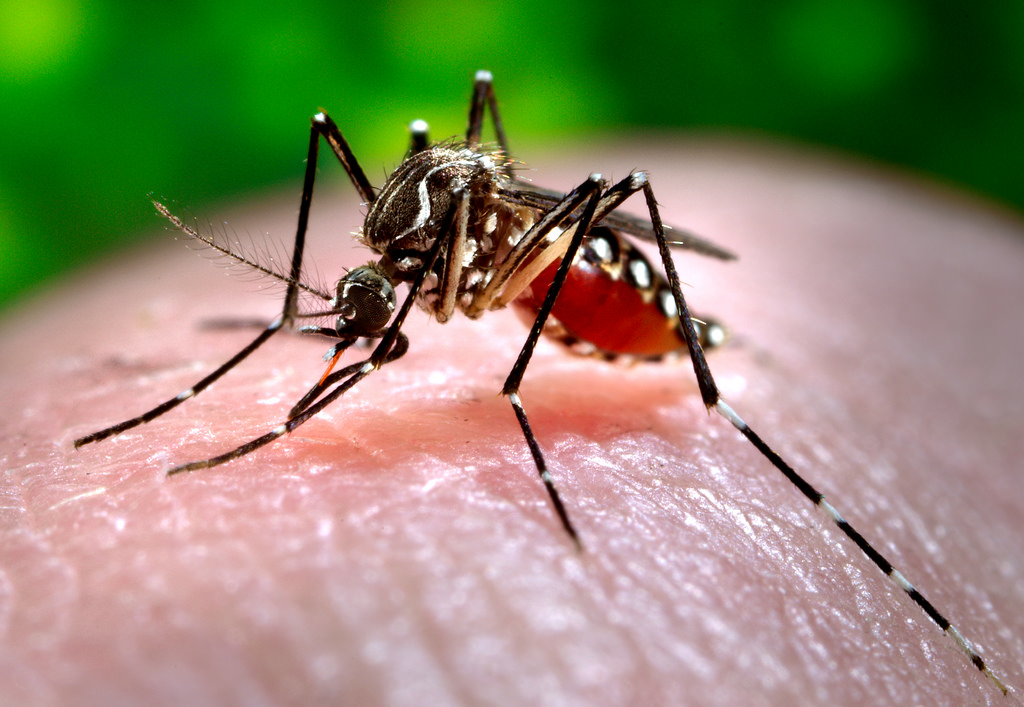All cells in our bodies encode the same genetic information yet different sets of genes are expressed in a given cell type to give it its particular identity. My laboratory studies how transcription factors (TFs) recognize genomic DNA to regulate when, where and to which level genes are expressed to direct cell fate decisions. We use structural modelling and quantitative biochemical assays to study TF dimerization on composite binding elements enriched in regulatory DNA sequences.

Systems Biology in the Philippines: Past, Present and Potential
Systems Biology activities in the Philippines began in early 2003 with courses on modeling biological networks at NIMBB and the Math Department, as well as the launch of the Mathematical Life Sciences Initiative (MLSI). The talk will present briefly the highlights of the First Decade of Systems Biology in the Philippines (2003-2013)-considered as the “Past”-which consisted largely of Filipino computational scientists collaborating with foreign experimental researchers.
A Web-based Interactive Genome Library for Surveillance, Detection, Characterization and Drug-Resistance Monitoring of Influenza Virus Infection in the Philippines
Epidemiologic and genotypic information on influenza is difficult to obtain for developing countries, unless it is in the context of international programmes or collaborations. This data is important for tracking cases during pandemics like the 2009 A(H1N1) influenza outbreak. We sought to sequence novel A(H1N1); and design a prototype national web-based interactive genome library for surveillance, genotyping, and drug-resistance monitoring of influenza in the Philippines.

Kinetic Capillary Electrophoresis – a Swiss Army Knife for Studying Kinetics of Protein-DNA Interactions
Protein-DNA interactions play an important role in gene expression, DNA replication, DNA integrity control, and DNA damage repair. Understanding the mechanisms of these processes requires the knowledge of kinetics (rate constants) of reversible Protein-DNA binding. Electrophoresis has been the workhorse method for in vitro studies of such interactions.

Opportunities and challenges in plant genomics: Shaping a Philippine Plant Genome Research Program
Genomic technologies coupled with new computational approaches have led to new insights into the genomes of key plant species, particularly agriculturally important crops. We will discuss some general opportunities for plant genome research in the Philippines, and illustrate some of these with examples from my laboratory’s work on Asian and African rice and date palms.

IT Governance: a simple solution to the complex problem of building national scale health information systems
Information and communications technology has become pervasive in many sectors, health included. Yet rather than streamlining health processes, it seems ICT only serves to add to the fragmentation with the creation of more information silos. Improperly implemented, ICT can introduce new risks and additional complexity to an already overworked sector. Emerging from the chaos is IT Governance, a that encourages the use of frameworks to guide stakeholders from the many confusing elements of a health information system.

Functional inference from protein-protein interaction networks: issues, quality checks, and possible solutions
This talk focuses functional inference of confirmed influenza A host factors whose role(s) in the infection are not clear. Here, we explore the impact of various parameters on network neighbourhood approaches in functional elucidation. In particular, we investigate the sources of degeneracy and false positives for solutions obtained from two integrative protein-protein interaction databases, STRING (http://string-db.org) and HIPPIE (http://cbdm-01.zdv.uni-mainz.de/~mschaefer/hippie/). Finally, we present edge- and vertex-annotation-based filtering solutions that restrict the graph to the most context-relevant network neighbourhoods.

On the RAI Genomics Lab & Call for International Collaborations
On the RAI Genomics Lab & Call for International Collaborations

Global and Regional Trends in Dengue Research: Role of the Filipino Scientist
Global and Regional Trends in Dengue Research: Role of the Filipino Scientist

What the PGC can learn from the Broad Institute of Harvard/MIT & Genome Institute of Singapore
What the PGC can learn from the Broad Institute of Harvard/MIT & Genome Institute of Singapore

